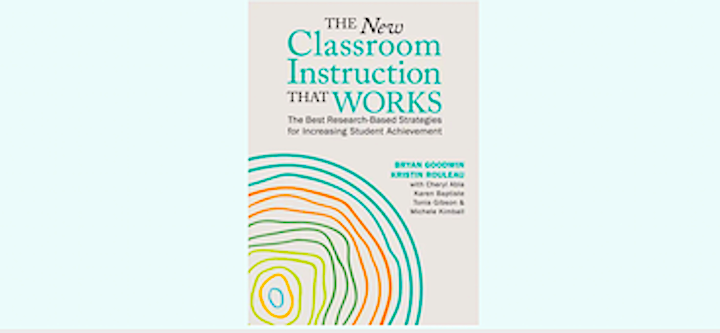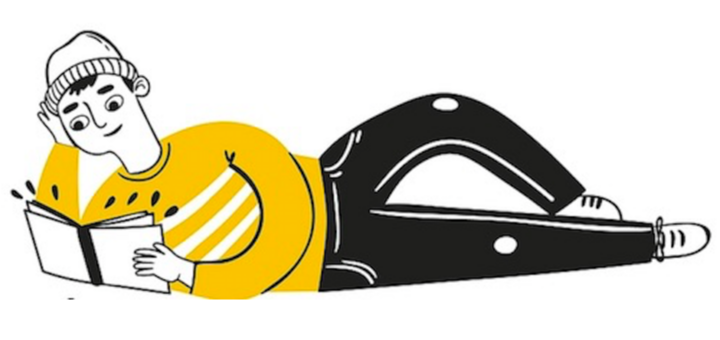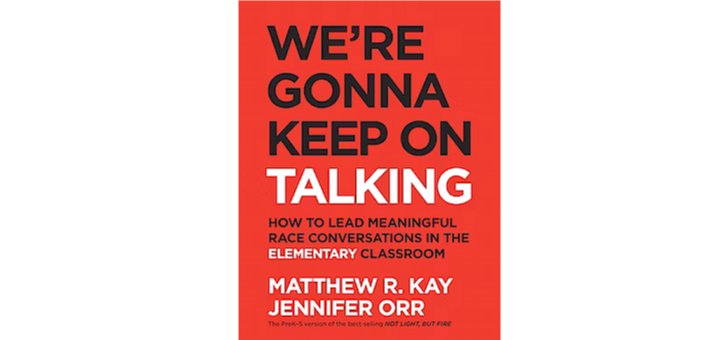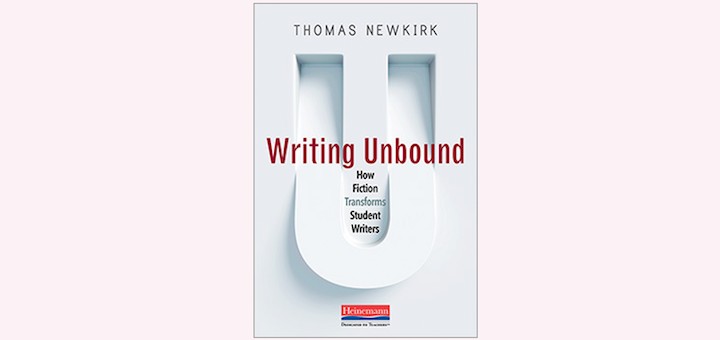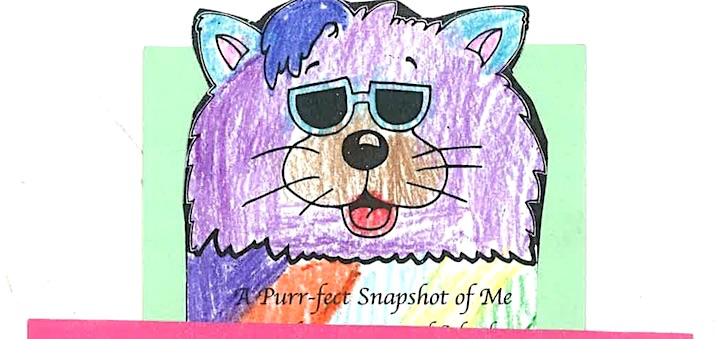Routines Can Help Grow Student Literacy Skills
This year Katie Durkin’s 7th grade ELA students are involved in a weekly routine of G.R.O.W. work (Grammar, Reading, Open Write, and Word Work). Each 15-minute lesson aims to ‘grow’ stamina and literacy skills they can apply in her class and across the academic disciplines.



